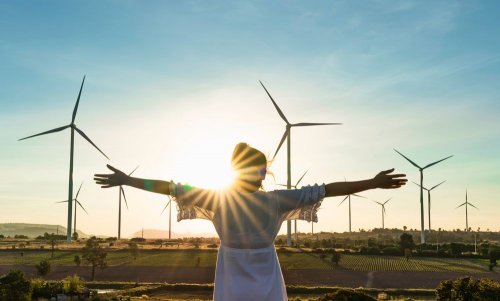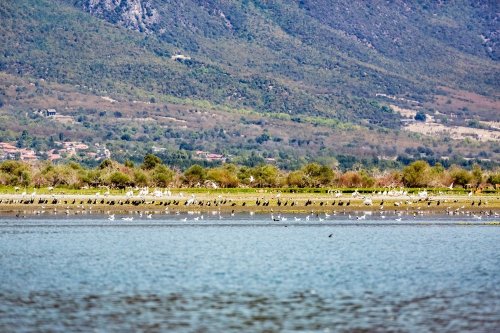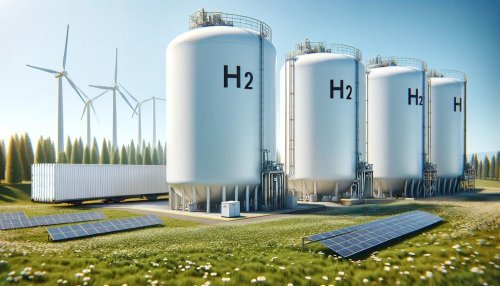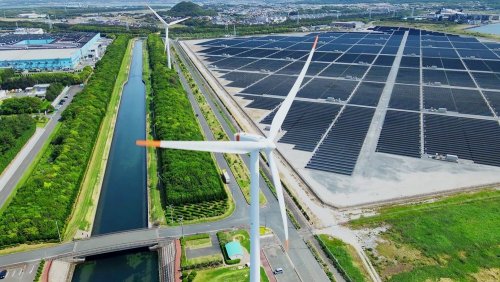The German government may refuse to support the ambitious energy efficiency standards of the EU directive on the climate neutrality of the building sector.
During the final negotiations on mandatory building repairs, the country may choose a more flexible approach, EURACTIV reports.
It is noted that the European Commission insists on doubling the rate of renewal of EU buildings, which is currently only 1% per year. To achieve the goals of the "green deal", it is proposed to introduce minimum energy efficiency standards (MEPS) and to repair 15% of the worst buildings. However, after the vote in the European Parliament, the text of the law must be approved by EU countries before it enters into force.
The article emphasized that Germany supported a ban on new fossil fuel boilers from 2024 in exchange for a waiver of MEPS.
"The federal government's goal in the upcoming trilogue negotiations is to have regulations that are close to life and don't burden anyone," said one government official, without mentioning MEPS.
The official added that the government is still negotiating the EU directive on buildings, which must become climate neutral by 2050.
The article highlighted that German Chancellor Olaf Scholz is likely to no longer support mandatory EU renewal targets due to fears that they will create an additional financial burden for citizens who have already suffered from a series of crises in recent years.
German Construction Minister Klara Heiwitz said that the legally mandated repairs are not compatible with the country's constitution.
Also, a member of the German Bundestag, Daniel Föst, said that the forced reconstruction of buildings is the wrong way.
It is noted that a neighborhood-based approach to mandatory repairs could be a compromise solution.
As EcoPolitic previously reported, the European Parliament adopted a new version of the Directive on the energy performance of buildings, which is designed to make the sector climate neutral by 2050, in particular by introducing mandatory repairs of the worst buildings.





